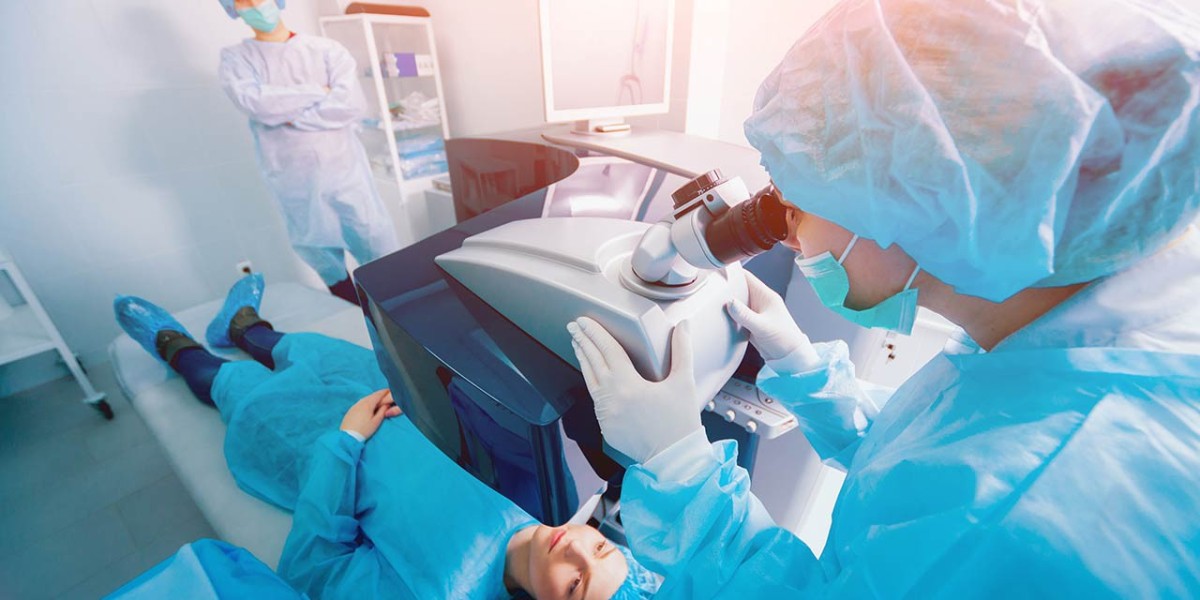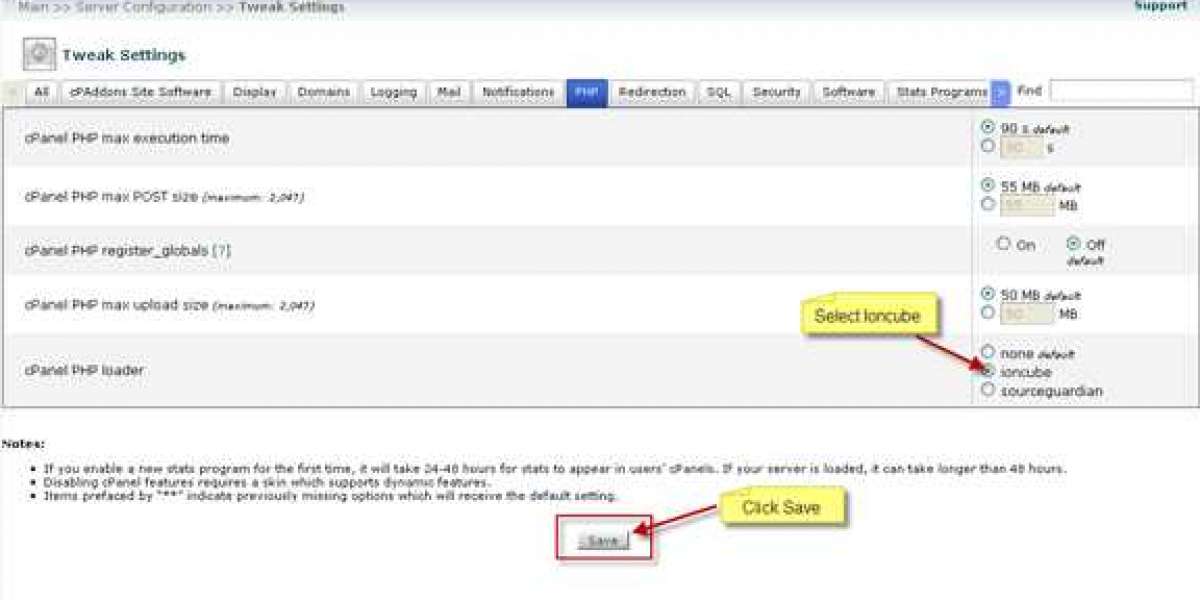Laser-assisted in situ keratomileusis, commonly known as LASIK surgery, has become one of the most popular eye surgeries worldwide.
Introduction: What Is Lasik Surgery?
LASIK surgery is a modern procedure that corrects vision problems such as nearsightedness, farsightedness, and astigmatism. It’s often seen as a life-changing surgery that allows people to enjoy clear vision without the hassle of glasses or contact lenses. However, as with any surgery, it’s important to understand the risks and benefits before making a decision.
How Does LASIK Work?
LASIK involves using a laser to reshape the cornea, the clear front part of the eye, so that light is properly focused on the retina. This results in clearer vision. The procedure typically takes less than 30 minutes, and patients often experience noticeable improvements in vision almost immediately.
The Popularity of LASIK Surgery
Why is LASIK so popular? For one, it offers the possibility of 20/20 vision or better. Plus, the recovery time is quick, and most people can return to their regular activities within a day or two. LASIK has transformed the lives of millions worldwide, and its convenience and success rate continue to attract new patients, particularly in areas like Ghatkopar, where advanced medical facilities are readily available.
Is LASIK Safe?
Yes, LASIK is generally safe. It has a high success rate and has been performed millions of times globally. According to various studies, over 95% of patients are satisfied with their results. However, no surgery is without risks, and it’s crucial to be informed about potential complications before undergoing the procedure.
Common Side Effects of LASIK Surgery
Like any medical procedure, LASIK can cause some side effects. Most of these are temporary and may include:
- Dry eyes: This is one of the most common complaints. Your eyes may feel dry or gritty for several weeks after the surgery.
- Halos or glare: Some people notice halos or glare around lights, especially at night.
- Fluctuating vision: Your vision may take a few weeks to stabilize after surgery.
These side effects typically resolve within a few weeks or months, but in rare cases, they can persist longer.
Serious Risks and Complications
While serious complications are rare, it’s important to be aware of them. These may include:
- Vision loss: In very rare cases, patients may lose vision due to complications.
- Infection: As with any surgery, there’s a risk of infection. However, this is typically managed with post-surgical eye drops.
- Under-correction or over-correction: Some patients may not achieve perfect vision with one surgery and may require a follow-up procedure.
Discuss these risks with your eye surgeon to determine if Lasik surgery in Ghatkopar is a suitable option for you.
Who Should Avoid LASIK Surgery?
Not everyone is a good candidate for LASIK. Those with certain medical conditions or eye diseases should avoid the procedure. Here’s who may need to reconsider:
- Pregnant or nursing women: Hormonal changes can affect vision, making LASIK less predictable.
- People with severe dry eye syndrome: LASIK can exacerbate this condition.
- Those with unstable vision: If your prescription has changed significantly in the last year, you may not be a good candidate.
LASIK Surgery in Ghatkopar: What Makes It Special?
Ghatkopar has become a hub for LASIK surgery in recent years, thanks to its state-of-the-art facilities and highly trained ophthalmologists. Clinics in Ghatkopar use advanced technology that enhances both the safety and effectiveness of the procedure. If you’re considering LASIK, this area offers some of the best care available.
How to Minimize Risks Before and After Surgery
While LASIK is generally safe, you can take steps to minimize risks. Before surgery, make sure to:
- Choose a qualified surgeon with extensive experience in LASIK.
- Follow pre-surgery instructions, such as stopping the use of contact lenses.
- Attend follow-up appointments to monitor your healing process.
After surgery, use prescribed eye drops and avoid rubbing your eyes to reduce the risk of infection.
What to Expect During LASIK Recovery
Recovery from LASIK surgery is usually quick and uncomplicated. Here’s what you can expect:
- Immediate post-surgery: Your eyes may feel irritated or gritty, and you may experience some tearing. These symptoms usually subside within a few hours.
- First few days: Your vision will improve rapidly, but you may still have some blurriness or sensitivity to light.
- One month post-surgery: Most patients have achieved their optimal vision by this time.
How to Choose the Right LASIK Surgeon
Choosing the right surgeon is crucial for a successful LASIK outcome. Look for someone who:
- Has extensive experience in LASIK surgery.
- Is transparent about the risks and benefits.
- Uses advanced technology to ensure precision and safety.
For those considering Lasik surgery, the area is home to several reputable clinics known for their skilled surgeons and modern equipment.
LASIK vs. Other Vision Correction Methods
How does LASIK compare to other vision correction methods like PRK or SMILE? While LASIK is the most popular, other options may be better for some patients. PRK, for example, doesn’t involve creating a corneal flap and may be safer for those with thinner corneas. SMILE is a newer procedure that uses a smaller incision. Your surgeon can help determine which method is best for you.
Is LASIK Right for You?
Ultimately, whether LASIK is right for you depends on your individual needs and medical history. While it can be a life-changing procedure, it’s not without risks. Consult with a qualified ophthalmologist to weigh the pros and cons based on your unique situation.
Conclusion: Weighing the Benefits and Risks
LASIK surgery can be a transformative procedure, but like any surgery, it’s important to be informed about the risks. For those in Ghatkopar, Deevine Eye Care offers advanced facilities and experienced ophthalmologists in Ghatkopar, making it a prime location for LASIK. Always consult with a qualified surgeon to determine if this life-changing surgery is right for you.
Frequently Asked Questions (FAQs)
1. Is LASIK surgery painful?
No, LASIK is generally painless. You may feel some pressure during the procedure, but numbing eye drops are used to ensure comfort.
2. How long does it take to recover from LASIK surgery?
Most patients can return to normal activities within a day or two, though full recovery may take a few weeks.
3. Can LASIK surgery be done on both eyes at the same time?
Yes, LASIK is typically performed on both eyes during the same session.
4. Is LASIK permanent?
In most cases, LASIK results are long-lasting. However, some people may experience changes in vision as they age.



